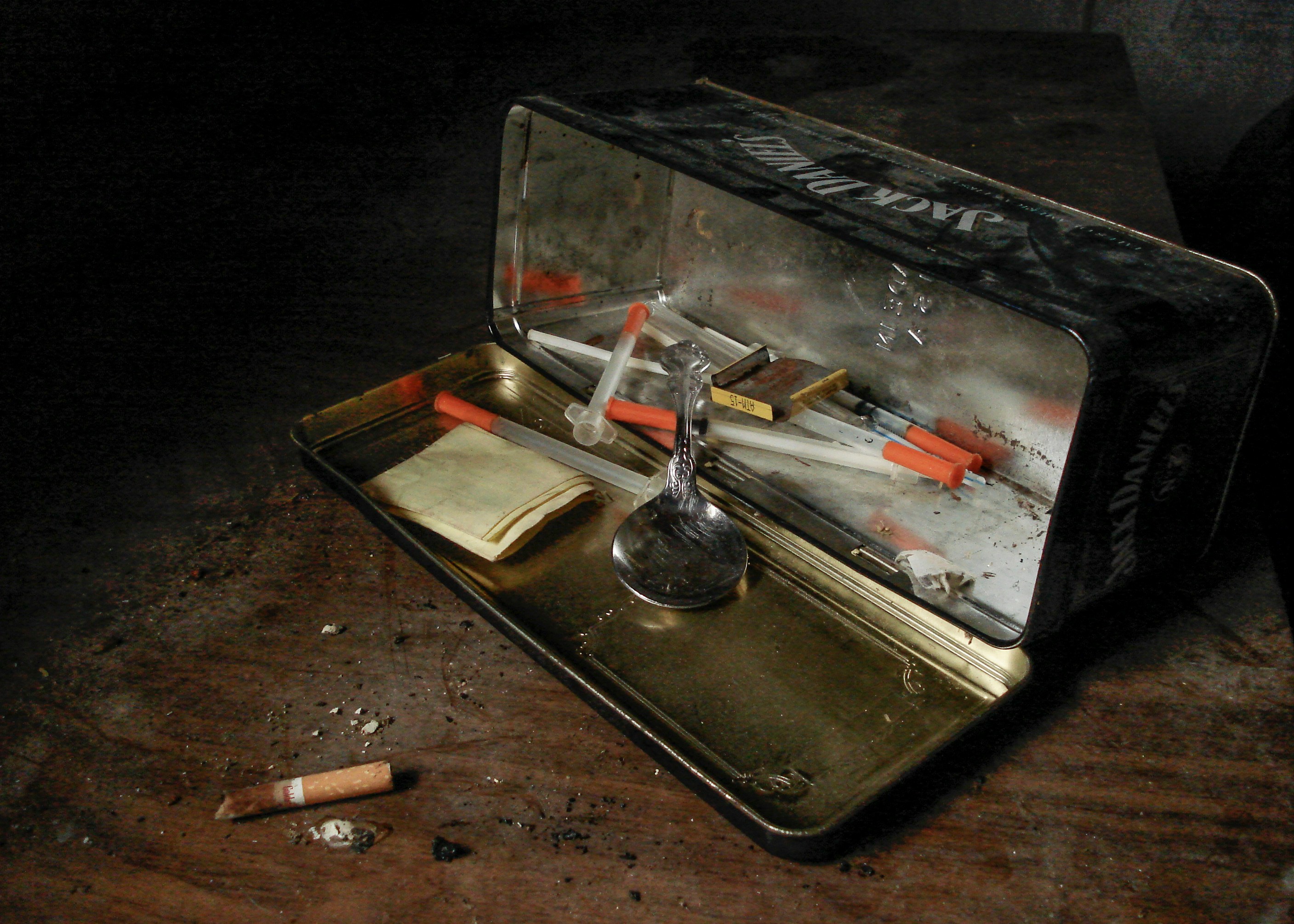Medical care professionals including surgeons, opioid manufacturers, psychiatrists, pharmacists, and anesthesiologists can be held responsible for a patient’s opioid addiction. Patients in recovery from serious injury or surgery take prescribed opioid pain medications. These narcotic pain medications dull and control chronic pain and discomfort but addiction can arise where the pain medications are overprescribed and misused.
How common is an addiction to opioid pain medication?
A majority of prescribed analgesics are made from opium. Some common natural analgesics are codeine and morphine, and common synthetic analgesics are Vicodin, Dilaudid and Percocet, and OxyContin. Addiction to opioid pain medication is hard to break, and while some people can break an addiction to narcotic pain medication on their own, others self-medicate through substance abuse. Because of this reliance on harmful substances, some patients may even need to seek rehabilitation, which can come at a high cost.
Seek substance abuse help
For more information on substance abuse rehab, visit Casters Center, a beverly hills rehab facility that specializes in mental health treatment and substance abuse treatment. If you get addicted to narcotic pain medication, your doctor can be liable, this medical error is a form of medical malpractice. Seeking rehab services may be your first step in getting justice.

Determine if your opioid addiction resulted from medical malpractice
Medical malpractice is a medical professional’s negligence to monitor a patient, or a prescription error in overprescribing an opioid medication. Medical malpractice can arise from a misdiagnosis, wrongful death, surgical error, anesthesia error, childbirth, poor aftercare and general health treatment by health care providers, but the main cause of medical malpractice is medical negligence.
Medical negligence in a medical malpractice case is described as the failure of the health care provider to exercise the duty of care and required skills of a medical professional who provides the provider’s specialty, taking into account the advances in the profession and resources available to the provider. To establish that a patient’s addiction to prescription pain medication qualifies as medical malpractice, an attorney has to show that the doctor did not maintain the required standard of care in treating the victim of medical malpractice.
Does this sound like your situation? If so, you should seek legal advice ASAP.

Talk to a medical malpractice attorney immediately
Once addicted, many patients do not know that they can file a medical malpractice lawsuit against the medical care provider for the overprescription. Pain medication addiction cases can be complicated, but if you think a healthcare provider’s conduct might be an act of malpractice, you should get legal advice from experienced lawyers or medical malpractice attorneys. These experts will help you build your case so that you can receive the reparations you deserve from being a victim of medical malpractice. Make sure that you keep all of your documents related to your case, like notes from doctor’s visits, prescriptions, etc. It may also be helpful to keep a journal and calendar of what happened and when.
Where addiction is involved, medical malpractice involves proving that your doctor was negligent in continuing to prescribe narcotics to you. This can be proved under certain circumstances, although not all medical malpractice claims are hard to prove.
Proving medical professional negligence
In any medical malpractice case, your medical malpractice attorney is required to retrieve your medical records that address the treatment medical mistake in question. A medical expert witness is usually hired to provide their professional opinion on whether the medical professional in question neglected their duty of care.

Proving a prescription error
To establish that a medical professional was negligent in a prescription error addiction claim, your medical expert witness will take the following into account:
- The patient’s medical history
- Type of diagnosis
- Time of diagnosis
- The patient’s complaints of discomfort
- The doctor’s experience in treating the condition
The medical expert is usually a practicing doctor or instructor in the same industry as the defendant in the medical malpractice lawsuit. Requirements for a medical malpractice case include:
- The existence of a doctor-patient relationship
- Medical neglect
- Proof that the injury was a result of negligence
- Proof that the injury caused serious harm
Winning a medical malpractice suit against a healthcare provider can result in restitution paid in either medical bills if the victim of medical malpractice requires long-term care, substance abuse rehabilitation costs, and a loss of income, depending on the type of damages.

Comments are closed, but trackbacks and pingbacks are open.